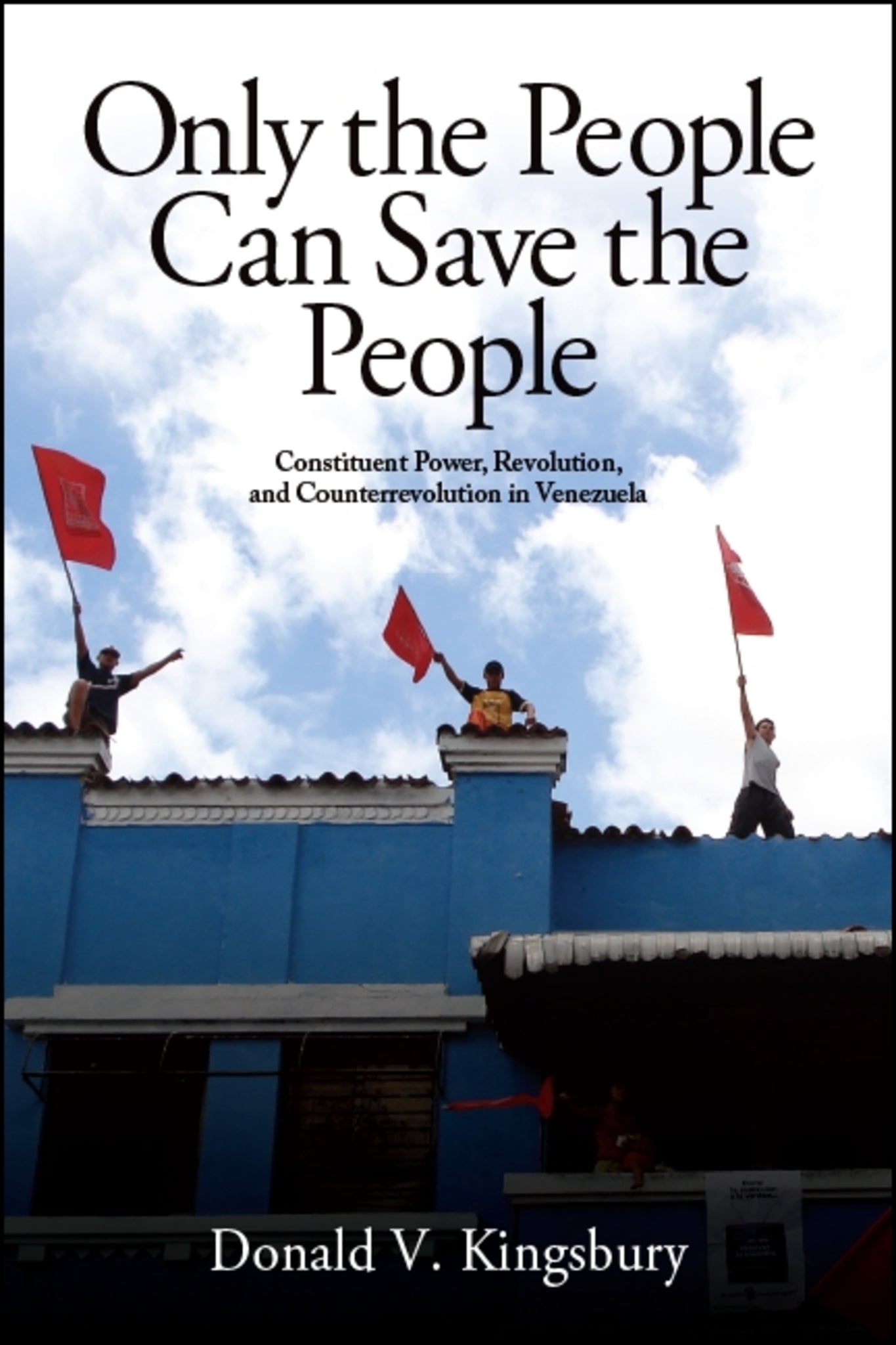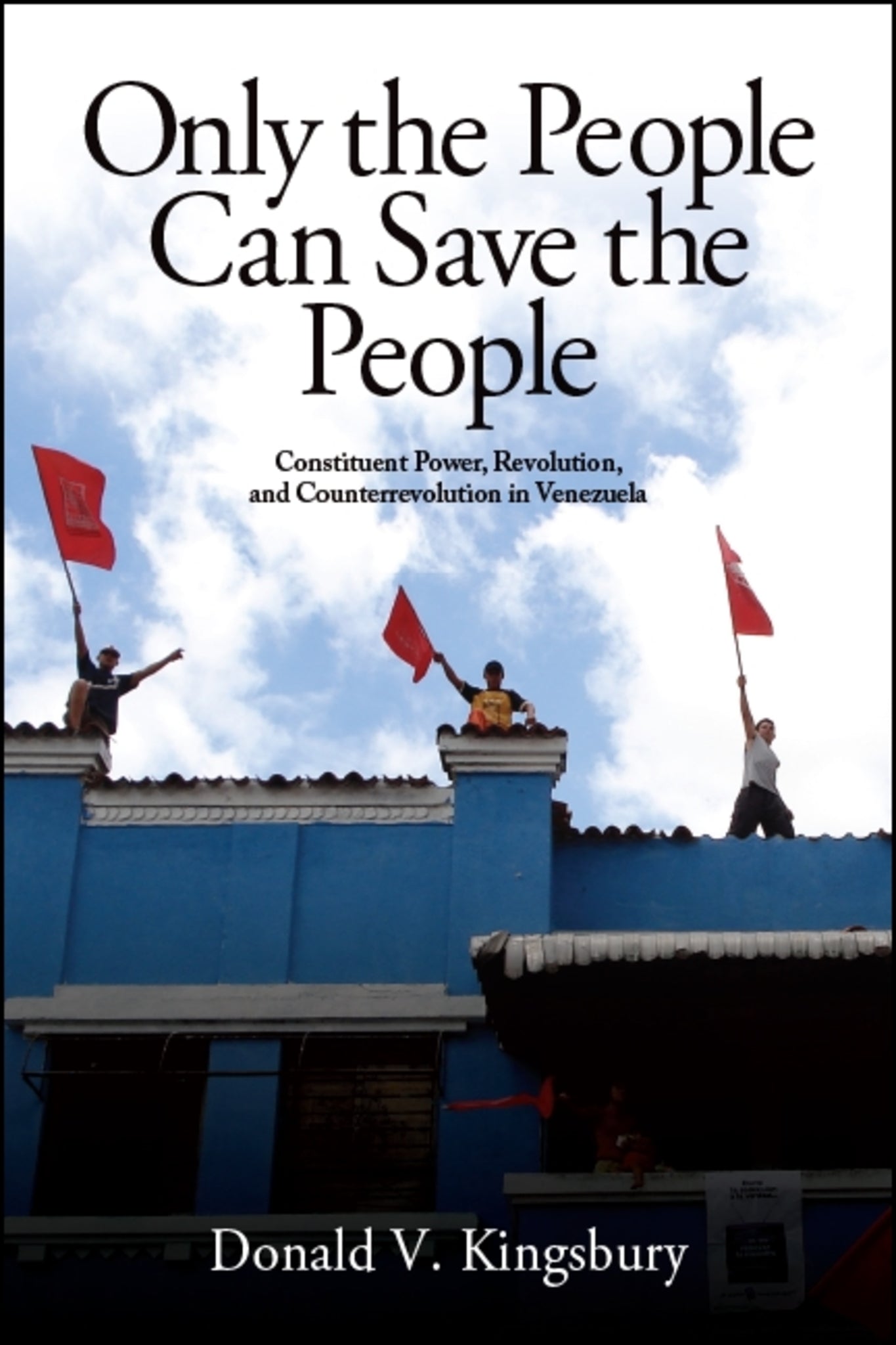We're sorry. An error has occurred
Please cancel or retry.
Only the People Can Save the People

Some error occured while loading the Quick View. Please close the Quick View and try reloading the page.
Couldn't load pickup availability
- Format:
-
02 January 2019

Examines the egalitarian, creative, and inclusive practice of radical democracy in contemporary Venezuela.
In a global historical moment of growing mobilizations against inequality, corruption, and exclusion, Only the People Can Save the People illustrates the necessity and challenges of more egalitarian approaches to collective life from one of the most tumultuous and compelling experiments in radical democracy. Donald V. Kingsbury examines twenty-first-century Venezuelan politics from the perspective of constituent power-the egalitarian, creative, and inclusive practice of radical democracy. In the aftermath of neoliberal structural adjustment, Venezuelan politics have been increasingly reconfigured according to principles of autogestión (self-management), social movement autonomy, protagonistic and participatory democracy, and anti-capitalism. However, inherited and intensifying challenges arising from Venezuela's status as a petrostate, the class and racial divisions that define its society, and the difficulties of defining what Hugo Chávez termed "socialism for the twenty-first century" have resulted in a tumultuous process of social change. Informed by ethnography, contemporary and comparative political thought, and global political economy, Only the People Can Save the People demonstrates how constituent power is shaping collective identity, political conflict, and infrastructural space in contemporary Latin America.


"Kingsbury presents an intriguing argument about the role of constituent power in Venezuela … This book is an interesting read that demonstrates the strength and limits of constituent power. It challenges readers to envision a new way to rebuild constituted powers." — CHOICE
List of Figures
Preface
Acknowledgments
Introduction: The Challenges of Constituent Power
1. Anxiety, Containment, and Cultivation: Constituent Power in the North Atlantic and Venezuela
2. Rupture, Protagonism, Party: The Caracazo as Event
3. Multitude, Pueblo, and the Ungovernability of Constituent Power
4. The Structures of Constituent Power: The Caracas Metro and the Right to the City
5. Escuálidos: The Opposition, Constituent Power, and the Problem with (and of) Democracy
Conclusion: Rethinking Constituent Power
Notes
Works Cited
Index



